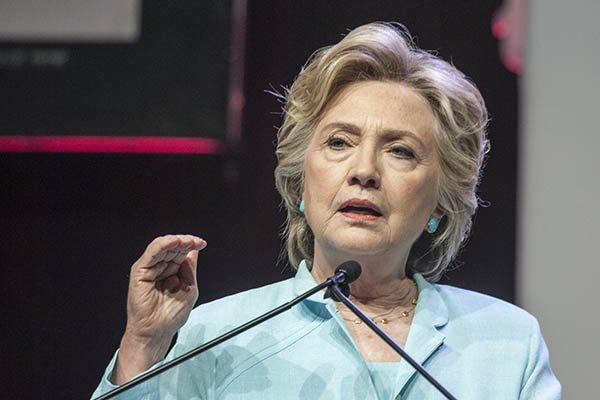How Would Proposed Tax Plans Affect the Country’s Economy?

We’re just days away from the election and it’s likely that most Americans will just be happy that it’s finally over, no matter whom or what they voted for. However, there are some very important things at stake in this election, including how each candidate’s tax proposals would affect our nation’s economy, as well as the affect on individual taxpayers’ pocket books.
The overwhelming belief is that Donald Trump’s tax plan would be simpler than the current code and that it would help the wealthy, while increasing the national debt. As you might expect, Hillary Clinton’s proposals would be basically the opposite. Her tax plan is reportedly more complex and it’s expected to increase taxes on just about everyone, with the wealthiest taxpayers absorbing the brunt of the increase.
However, that being said, neither candidate has to stick to his or her proposed plans if elected. Additionally, the bigger question is how would these plans really affect the economy if they were implemented? The nation’s debt is rising and it will likely continue to raise no matter which candidate is elected. That means people and businesses, especially small ones, will be footing the bill.
According to the Tax Foundation, which typically opposes tax hikes on the wealthy, Clinton’s plan to increase taxes on investment and businesses would likely reduce the size of economy by about 2.6 percent over 10 years. Much of that would come from her desire to increase the estate tax. According to the Tax Foundation that increase would likely cause wealthy taxpayers to invest lest money and thus would hold down the entire economy. That, in turn, would force the average income in the country to go down.
On the other hand, those who believe tax increases on the wealthy are favorable to the economy claim that the Tax Foundation’s estimates are exaggerated and that the economy would not be significantly damaged by Clinton’s proposals.
You also might like the article Trump, Clinton and the Wealthy—What’s at Stake
https://www.washingtonpost.com/news/wonk/wp/2016/10/13/what-hillary-clintons-tax-plan-would-really-do-to-the-economy/
http://www.forbes.com/sites/garrettgunderson/2016/10/13/clinton-versus-trump-how-their-tax-plans-will-affect-you/#76f963cd3346
Tax Planning No Matter Who Won
Tax planning no matter who won… We have uncertainty in the air with who is going to be president- depending if you’re asking the Republicans or the Democrats, they will both tell you, their candidate is going in. Nevertheless, while we’re in this state of influx, trying to get things sorted out on both sides,…
The Six Pack Dad Tribe | Tyson Johnson
Tyson Johnson, The Six Pack Dad, interview transcript, by Alan Olsen for The American Dreams Show: Alan Olsen: Welcome to American Dream today I’m visiting here with Tyson Johnson, Tyson welcome to today’s show. Tyson Johnson: Thanks, Alan glad to be here. Alan Olsen: So Tyson, for the listeners here, can you give us your…
Kindness Returns Good Fortune
Kindness returns good fortune, sometimes… Fairy tales are enjoyable and entertaining, and they can also serve as life lessons, particularly about kindness. This one from Grimms’ Fairy Tales titled, The Three Little Men In The Woods, is just one example of how fairy tales help children, and even adults, learn from stories. One Kindness Story…
Life’s Wisdom, with Alan Brown Movie Producer
Alan Brown, Life’s Wisdom, interview transcript, by Alan Olsen for The American Dreams Show: Alan Olsen: So, Alan, you’ve done quite a bit throughout your life. But I’d like you to take us through a timeline of some of the projects that you’ve worked on and, and what led you into that. Let’s start out…




